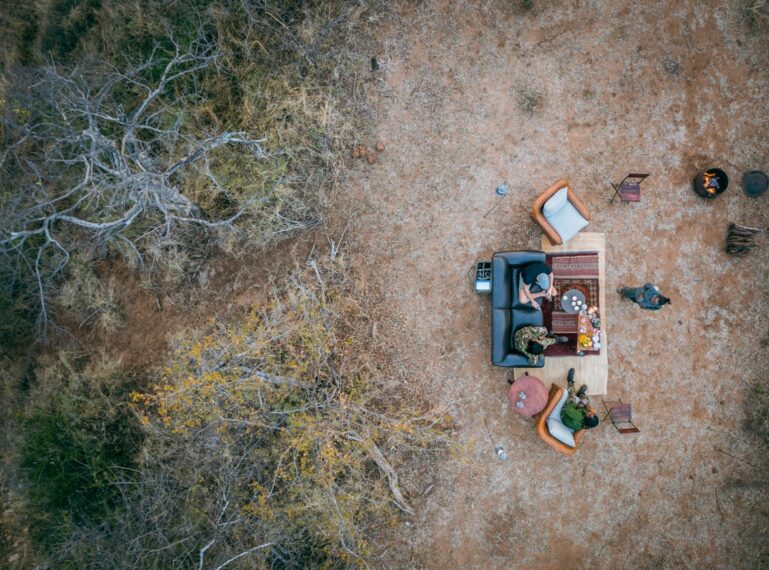
Conservation from your couch might sound like a contradiction; we’re not suggesting saving energy by becoming a couch potato, but rather practicing small everyday acts that create waves of positive change for our planet.
Watch the tiny but mighty dung beetle slowly gather dung and clean up after larger herbivores. An elephant can produce a jaw-dropping 150kg of dung per day. While we might wrinkle our noses at its choice of materials, there’s something remarkable about the impact just one small creature can have. This phenomenal insect plays a crucial role in the environment by enriching the soil with nutrients, spreading seeds and plant species, and reducing breeding sites for flies and parasites. Like the determined dung beetle, we too can play an important role in preserving our world. Our power lies in our choices. We are all part of an intricately interconnected web of existence and every small act can have a positive ripple-effect.
How can we let the conservation efforts that are awakened within us on safari, filter into our everyday lives. What can we do to all become conservationists at home?
Like the ox-pecker and the buffalo, there is a symbiotic relationship between safaris and conservation
If you have been on a safari you will remember it; if you are yet to experience it, then you have this to look forward to – the moment you first encounter an elephant up close, or watch a lion slowly walk past the game vehicle as you sit with a bated breath. It is the feeling of awe that arises in the presence of something so totally wild. It is the expansive sensation in your chest when surveying a vast Savannah teeming with life. The wilderness speaks deeply to the wildness within us all. It awakens something within us – the desire to protect these magnificent creatures, to ensure the generations that follow us get to also have these experiences, a depth of understanding that our own fate is intertwined with the wilderness.
Many people don’t realise the integral role that safaris play in conservation. Going on a safari is so much more than simply going on an adventurous holiday. Safaris and conservation go hand-in-hand. It’s a little like the symbiotic relationship that exists between the ox-pecker and the buffalo. Without conservation efforts, there would be no safaris and without safaris, conservation would lack a sustainable funding model.
As the wild places of the world begin to shrink, it is more important than ever to preserve and protect them. Just like the delicate, interconnected ecosystems conservation efforts are trying to protect, both safaris and conservation are integral to one another, playing vital roles in maintaining a thriving and sustainable ecosystem.
“Cherish the natural world, because you’re a part of it and you depend on it”
– David Attenborough
Transformational travel
To travel responsibly and with purpose is a growing trend across the world. As it should be. We live in a time where travelling has become more accessible but at a cost to our planet. Therefore, it is up to us all to ensure that we travel with integrity.
- It’s unavoidable to escape the environmental impact of flying. We can however search for airlines that invest in sustainable technologies and have good environmental policies. Fly economy and potentially extend your stay in places that are far away from your home.
- Use tour and travel companies who focus on sustainable travel methods. Those that work ethically and are integrated with local communities.
- For nature-based activities, ensure that the travel or tour company practices are environmentally friendly and have minimal impact on the wildlife and natural surroundings of the places you are visiting.
Contact our reservations team directly to find out more about our low-impact safari packages.
Water = Life
All life is dependent on water. If you are lucky enough to have visited the bush in the summer months then you will have witnessed the magnificent transformation that takes place when the rains arrive. Landscapes transform into vibrantly abundant, lush green pastures teeming with life. Conserve water and use it mindfully.
- Collect rainwater
- Use grey water for your plants by creating grey water filtration systems
- Shorten your showers or use water-saving shower heads
- Make sure laundry and dishwasher loads are full
- Did you know using AI uses water? Yep, the high processing required means water is required to keep systems cool. It is hard to state exact amount but like with everything, use intentionally
- Don’t water your plants/lawn in the heat of the day
Want less, buy less, waste less
Overconsumption has a severe impact on the environment. Online sites such as Shein and Temu have gamified shopping. With incredibly low price points, they target consumers every whim and aim to hook consumers into buying excessively and unnecessarily. They drive out local businesses because they simply cannot compete.
Not only do they cut corners on quality but on ethical labour practices. We are overwhelming landfills with non-biodegradable waste and causing toxic pollution and waste from factories.
If you’ve been to second hand markets in parts of Africa, you will have witnessed the sky-high piles of second hand clothes and shoes shipped container load from the First World.
- Buy smartly and intentionally
- Buy quality products made to last. The Afrikaans saying goes ‘Goed koop is deur koop’ meaning to buy cheaply is expensive. Choose brands who are ethical and sustainable. Brands such as Patagonia and Osprey offer repair services prolonging the life span of their products
- Buy second hand and give away what you don’t use to those who might treasure or need it
Food waste is another massive issue in our world. Statistics state that around 30% of global agricultural land is used to grow food that’s never eaten. That’s land that once wilderness. Here is what you can do to help
- Compost your organic waste. For your own garden, or if you live in a city that doesn’t collect it for you, find a small business that will.
- Buy only what you need. Planning meals can help reduce food waste.
- Buy products with minimal packaging
- Remember to take your reusable bag with you
Find the wild around you
Nature exists all around you, whether you live in the heart of a bustling metropolitan city, in the rolling hills of the countryside, or deep in the wilderness. From rescuing an exhausted bee with a drop of sugar water, tending to your own thriving hive, or supporting local beekeepers by buying their honey, we can all play a part in protecting our natural world.
-
Plant trees. The best time to plant a tree is 10 years ago, the next best time is now. Trees = oxygen. Nature’s filtration system. Plant. More. Trees
-
Learn about indigenous fauna and flora around you
-
Install a bee/bird/bat house in your garden
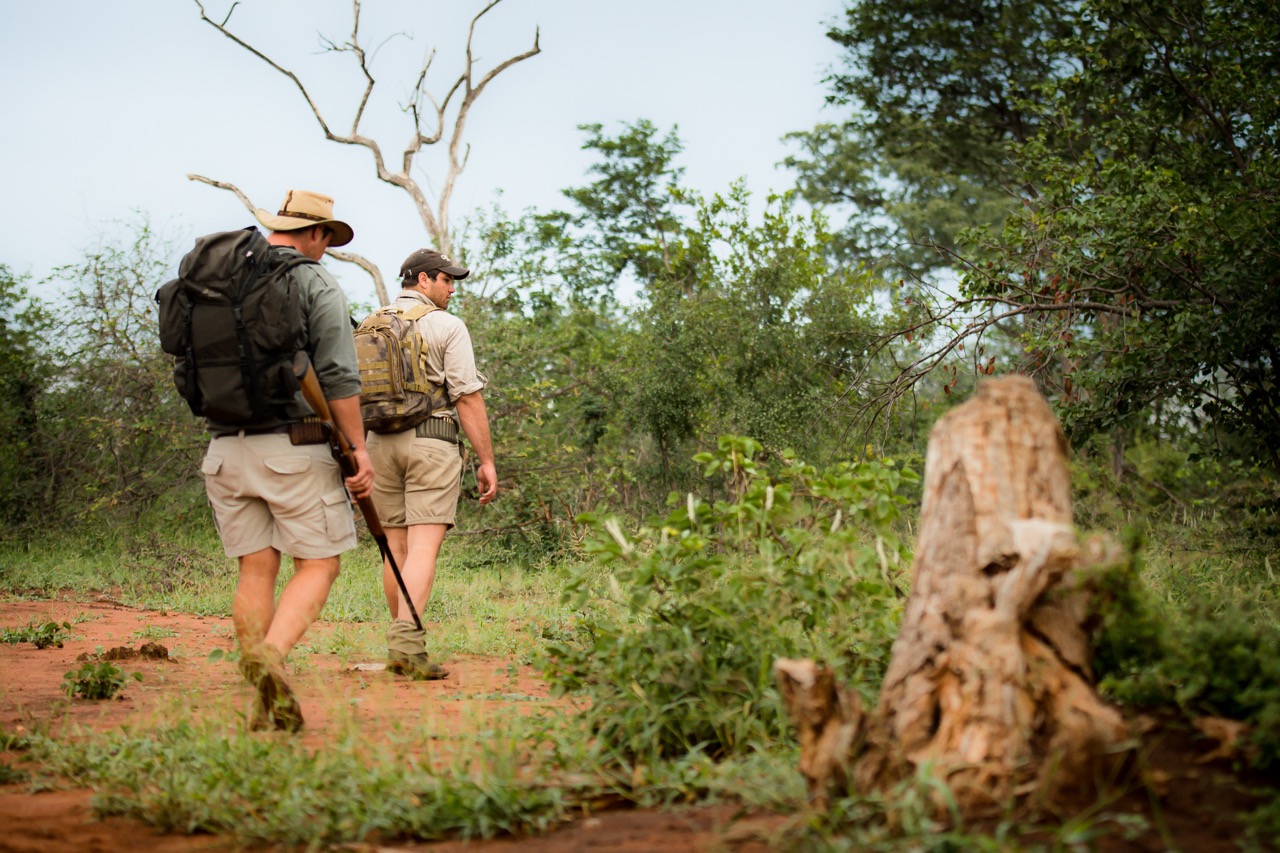
A walking safari at Africa on Foot Wilderness Trails is a low-impact way to explore the African bush
“The best motto to think about is not to waste things. Don’t waste electricity; don’t waste paper; don’t waste food. Live the way you want to live but just don’t waste. Look after the natural world and the animals in it and the plants in it too. This is their planet as well as ours. Don’t waste them.” – David Attenborough
We’d like to add time to that list. Life is too short to waste a moment more. These are just a few ways that you can become a conservationist from home. There are many, many more. Creatively seek out the ways you can let a conservation mindset trickle into everything you do.
To book your next transformational safari experience, connect with our reservations team reservations@sundestinations.co.za
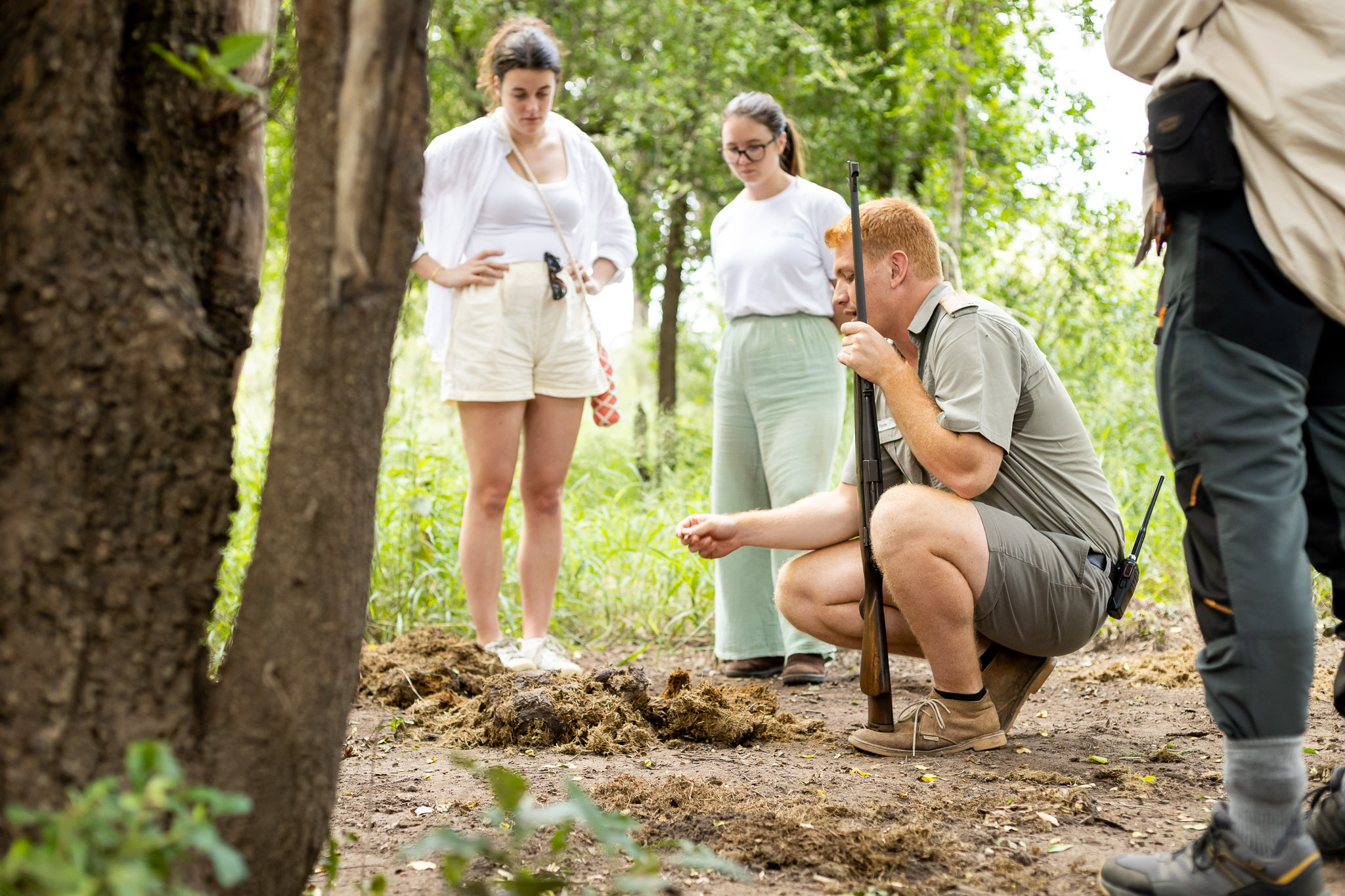
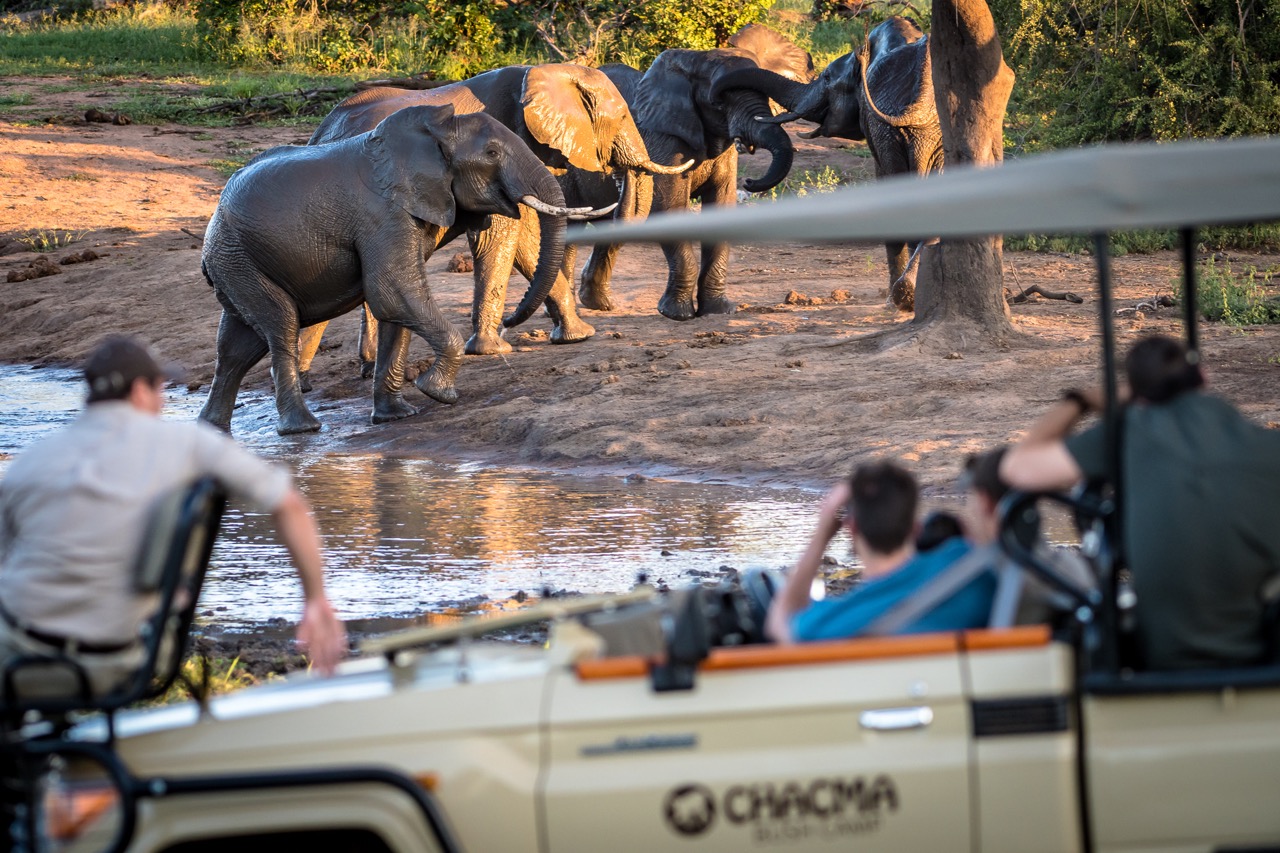
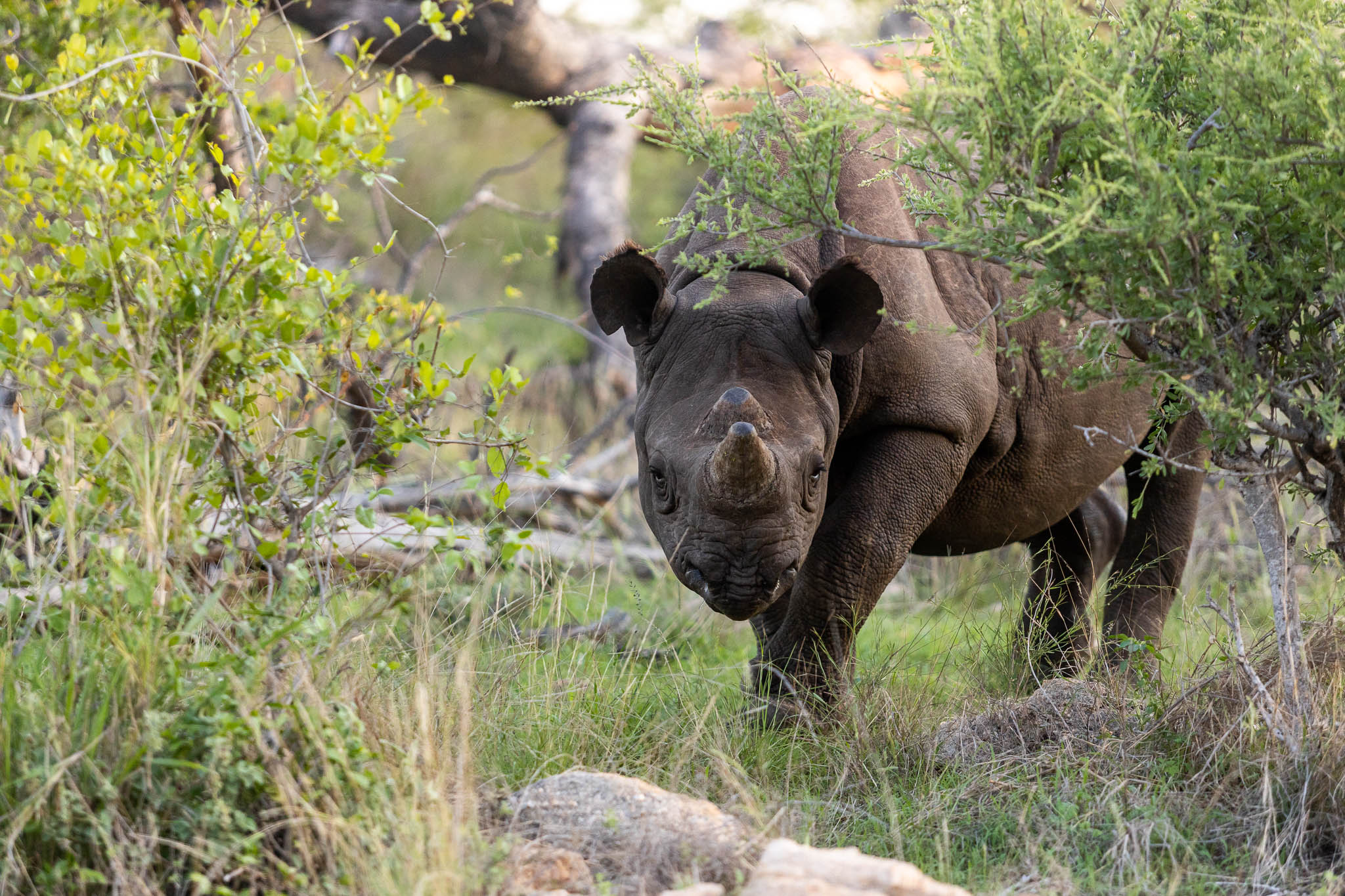
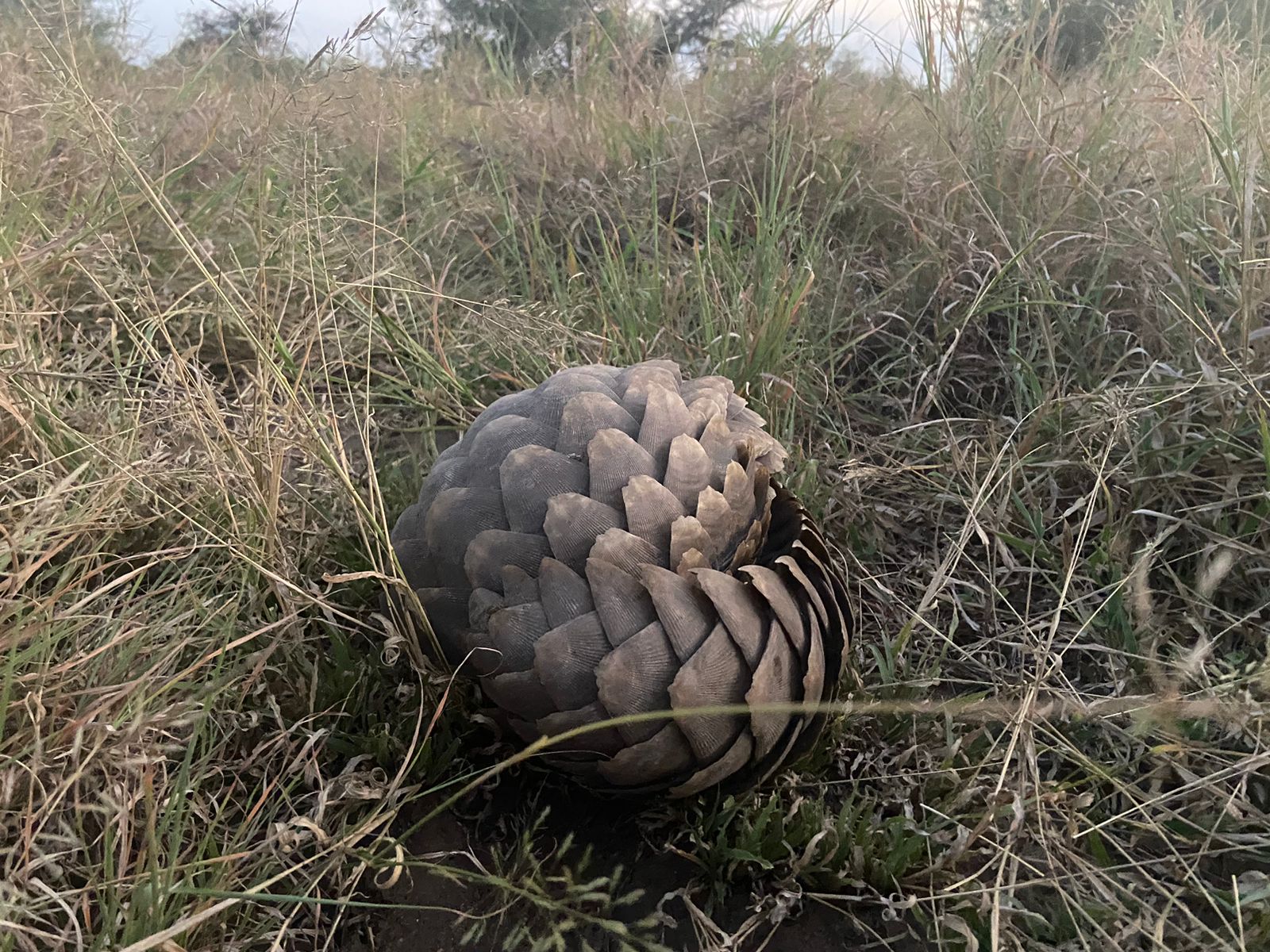
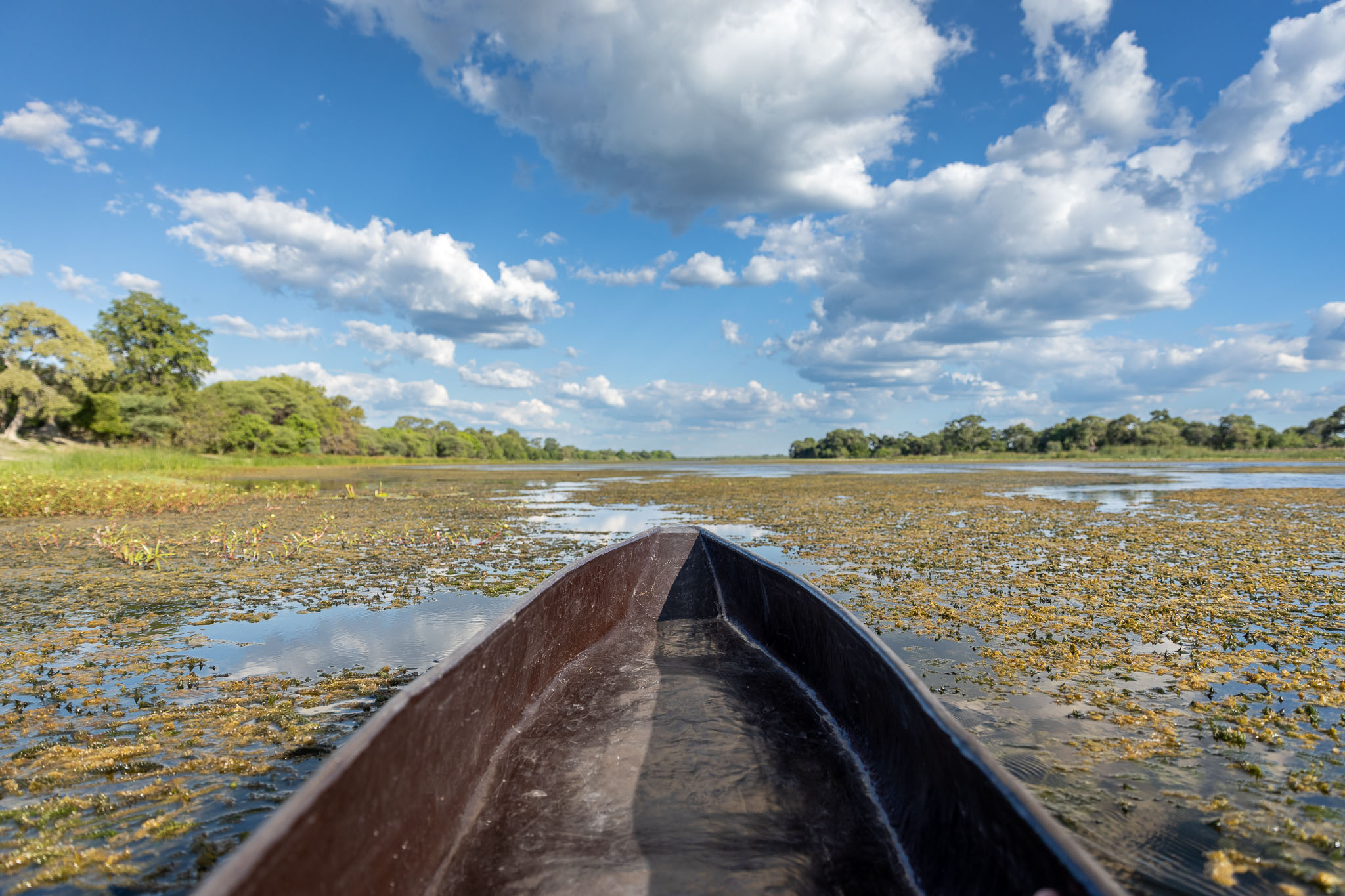
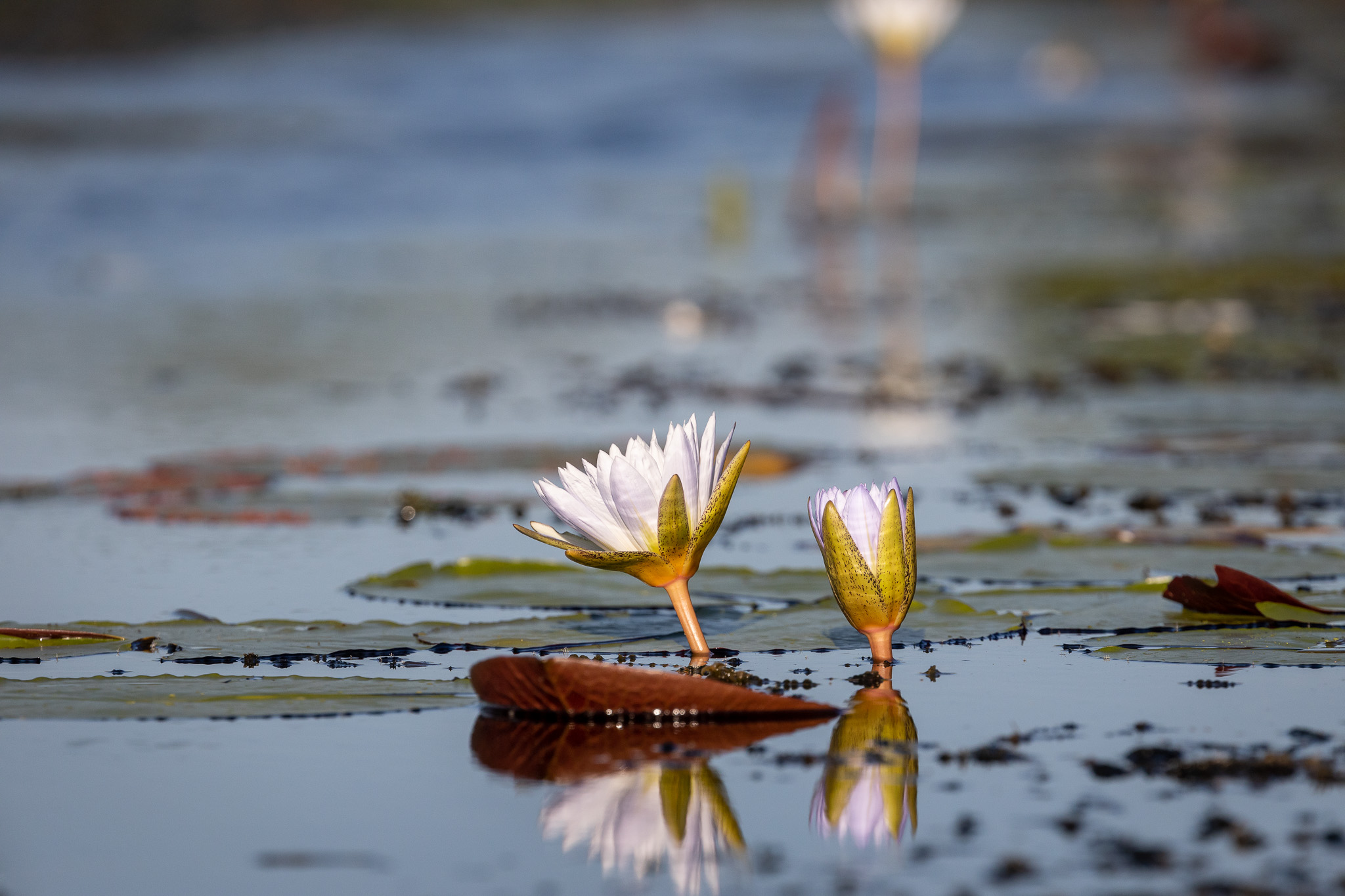
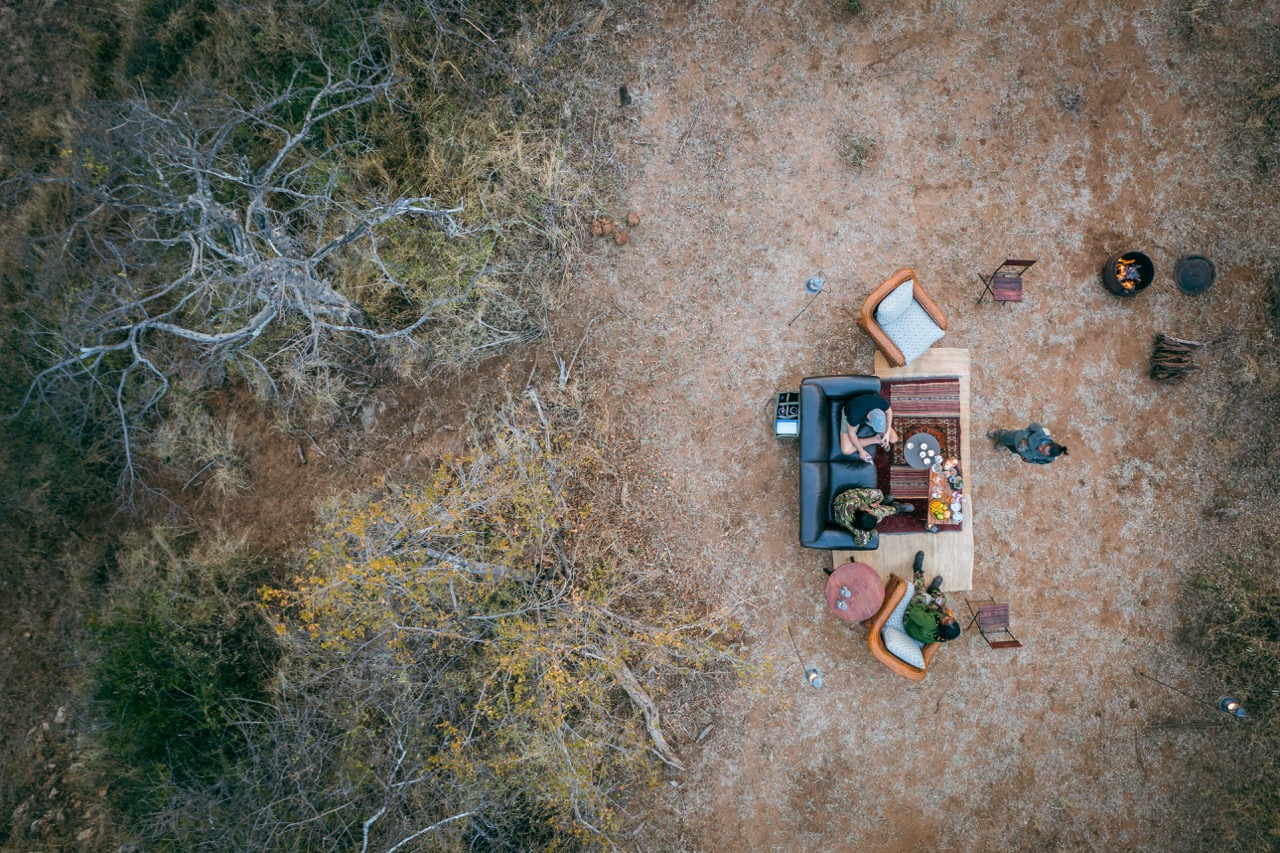
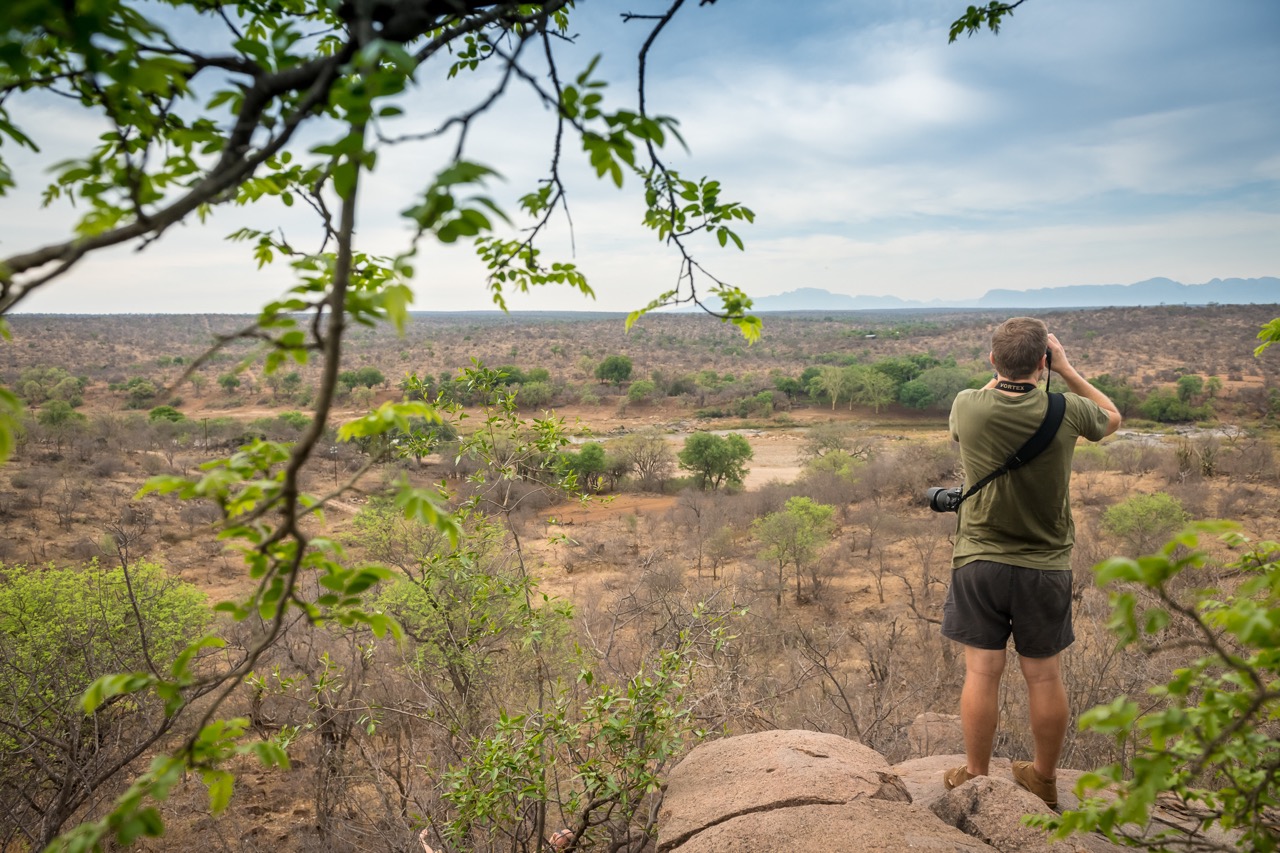
Leave a Comment